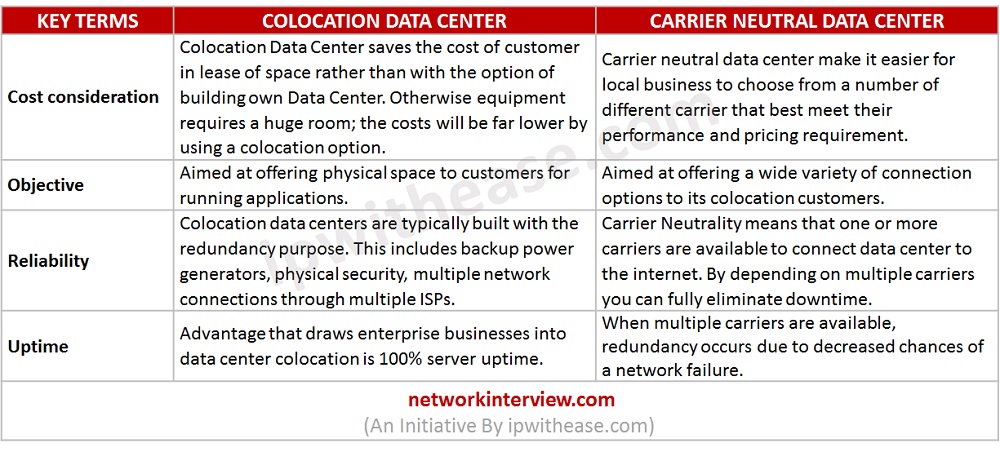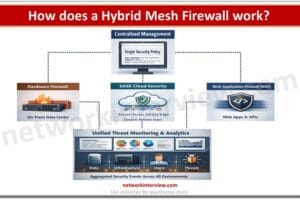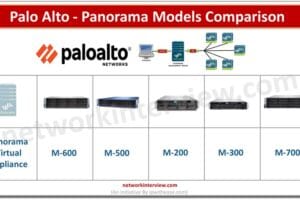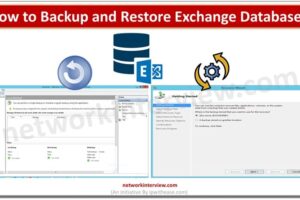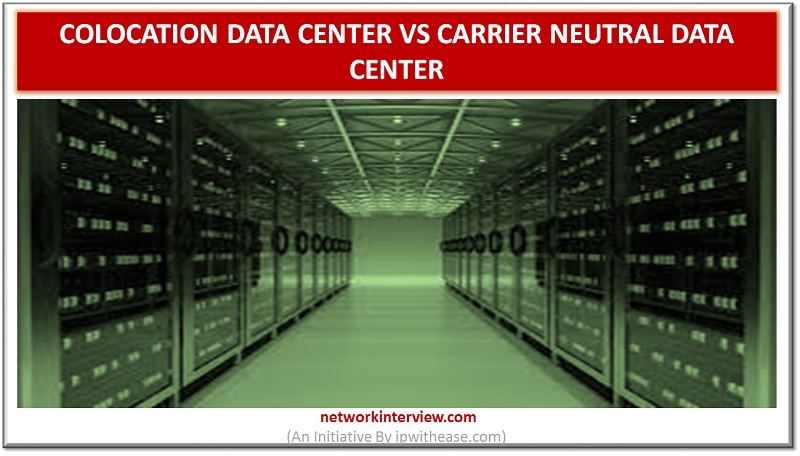
Colocation vs Carrier Neutral Data Center : Detailed Comparison
Colocation vs Carrier Neutral Data Center
With introduction of new infrastructure services focused at providing smooth application access for customers, there have been new and improved cost effective solutions w.r.t Data Center Infrastructure services like power, space etc and Multi service provider connectivity services. Aimed at providing customers with cost effective and reliable services, “Colocation” and “Carrier Neutral data Centers” will be the topic discussed in this article. Let’s understand both the concepts in more detail and how they differ –
What is Colocation?
Colocation data center is a setup where a company places its physical servers in a third-party data center. The facility of colocation data center takes the responsibility for managing servers and other data center equipment on a day-to-day basis, providing power and cooling as well as handling some basic network connectivity and maintenance issues that arise. Colocation Data Center maintains ownership and control of the servers and they rent rack space and the infrastructure required to run them and connect them to internet services.
Types of Colocation Facilities
Colocation Data Center facility is generally classified as one of the two types retail, wholesale and third type is hybrid cloud-based colocation facilities.
- Retail Colocation: Customer leases rack space within a data center.
- Wholesale Colocation: Customer leases a fully built data center space, at a very cheaper rate than retail vendors but with lower power and space requirements.
- Hybrid Cloud Based Colocation: Hybrid cloud based colocation is a mix of in house and outsourced data center services.
Benefits of a Colocation Data Center
- Lower Costs: Colocation Data Center saves the cost of customer in lease of space rather than with the option of building own Data Center. Otherwise equipment requires a huge room; the costs will be far lower by using a colocation option.
- Fewer Technical Staff: You don’t need to have a large IT staff employed to handle this work like cables, managing power, installing equipment, or any number of other technical processes
- Reliability: Colocation data centers are typically built with the redundancy purpose. This includes backup power generators, physical security, multiple network connections through multiple ISPs.
- Geographic Location: Customer can choose the location of data center geographically.
- Predictable Expenses: Costs associated with a colocation data center will be very predictable and genuine.
- Scalability: When your requirement is growing, new servers or other equipment added to the facility as per need.
- Availability: The advantage that draws enterprise businesses into data center colocation is close to 100% server uptime.
- Security: Data centers are equipped with the latest security technology to protect data center from attacks and including cameras and biometric readers, check-in desks that welcome inbound visitors.
Related – Data Warehouse vs Database
What is a Carrier-Neutral Data Center?
Carrier-Neutral or Network-Neutral data center is a facility that operates completely independent of the carrier service provider. This means multiple telecommunication operators have access to the facility because it is not owned or controlled by a specific single Internet Service Provider (ISP). Therefore, clients from these data centers have a variety of connectivity options to choose among.
There are many advantages of working with carrier-neutral data centers. If you are establishing servers in a data center, then you are dependent on their environment. Carrier-Neutral data centers help in fulfilling your connectivity needs. With Single carrier facility connectivity option will be limited. This will be a very tight situation when only single ISP available. Difficult to switch ISP if the ISP is increasing its service cost.
- Carrier-Neutral Data Center or Network-Neutral are fully independent of ISP.
- Many ISPs are allowed to connect to the data center, creating a more diverse and cost effective environment.
- Carrier neutral data center make it easier for local business to choose from a number of different carrier that best meet their performance and pricing requirement.
- When multiple carriers are available, redundancy take place due to decreased chances of a network failure.
Benefits of a Carrier-Neutral Data Center
- Redundancy: Carrier Neutrality means one or more WAN service providers are available for data center connectivity. By depending on multiple carriers you can fully eliminate downtime.
- Cost-efficiency: Carrier-Neutrality is very cheap and user can switch carriers at own discretion.
- Flexibility: Carrier Neutrality can switch between multiple carriers, hence customers can take advantage of routing.
- Low Latency: Carrier Neutral shares the bandwidth from the ISP and reduces the number of hops between carriers. By avoiding all other network devices, no extra latency is added providing your business the fastest connectivity possible.
Related – DATA CENTER VS CLOUD
Comparison Table : Colocation vs Carrier Neutral Data Center
KEY TERMS | COLOCATION DATA CENTER | CARRIER NEUTRAL DATA CENTER |
| Cost consideration | Colocation Data Center saves the cost of customer in lease of space rather than with the option of building own Data Center. Otherwise equipment requires a huge room; the costs will be far lower by using a colocation option. | Carrier neutral data center make it easier for local business to choose from a number of different carrier that best meet their performance and pricing requirement. |
| Objective | Aimed at offering physical space to customers for running applications. | Aimed at offering a wide variety of connection options to its colocation customers. |
| Reliability | Colocation data centers are typically built with the redundancy purpose. This includes backup power generators, physical security, multiple network connections through multiple ISPs. | Carrier Neutrality means that one or more carriers are available to connect data center to the internet. By depending on multiple carriers you can fully eliminate downtime. |
| Uptime | Advantage that draws enterprise businesses into data center colocation is 100% server uptime. | When multiple carriers are available, redundancy occurs due to decreased chances of a network failure. |
Download the comparison table here.
Comparison between Colocation Vs Carrier Neutral Data Center
- From Cost prospective, both data centers are very cheap resource for users which can utilize resource and service at very best price.
- Objective of Colocation is more towards offering physical space to customers for running applications. On the other hand, Carrier Neutral facilities/Data Centers are aimed at offering a wide variety of connection options to its colocation customers.
- From Reliability prospective, both data centers can provide reliable service to user like power, security network connection from ISP.
- From Scalability prospective, both data centers are very flexible to adopt new changes in existing environment and highly scalable.
- With respect to Uptime, both data centers are highly redundant and can provide 99.99% uptime to user.
Conclusion
A colocation data center offers physical and virtual space for companies to store and manage their servers and data infrastructure. A carrier-neutral facility is simply a data center that is entirely independent of these network providers.
Tag:comparison

